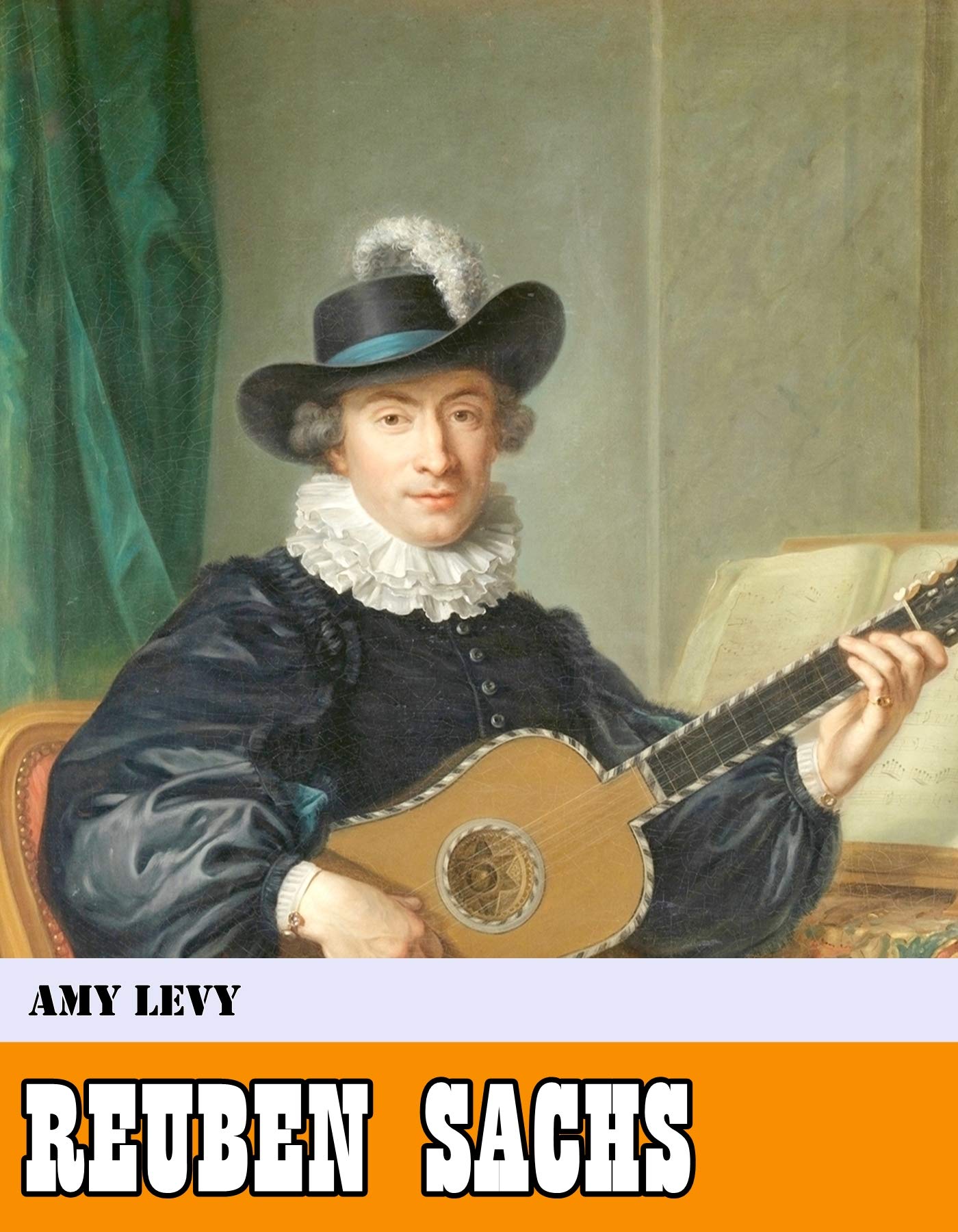What do you think?
Rate this book


This Broadview edition prints for the first time since its initial publication in The Jewish Chronicle Levy's essay "The Jew in Fiction." Other appendices include George Eliot's essay on anti-Jewish sentiment in Victorian England and a chapter from Israel Zangwill's novel The Children of the Ghetto. Also included is a map of Levy's London with landmarks from her biography and from the "Jewish geography" of Reuben Sachs.
Kindle Edition
First published January 1, 1888